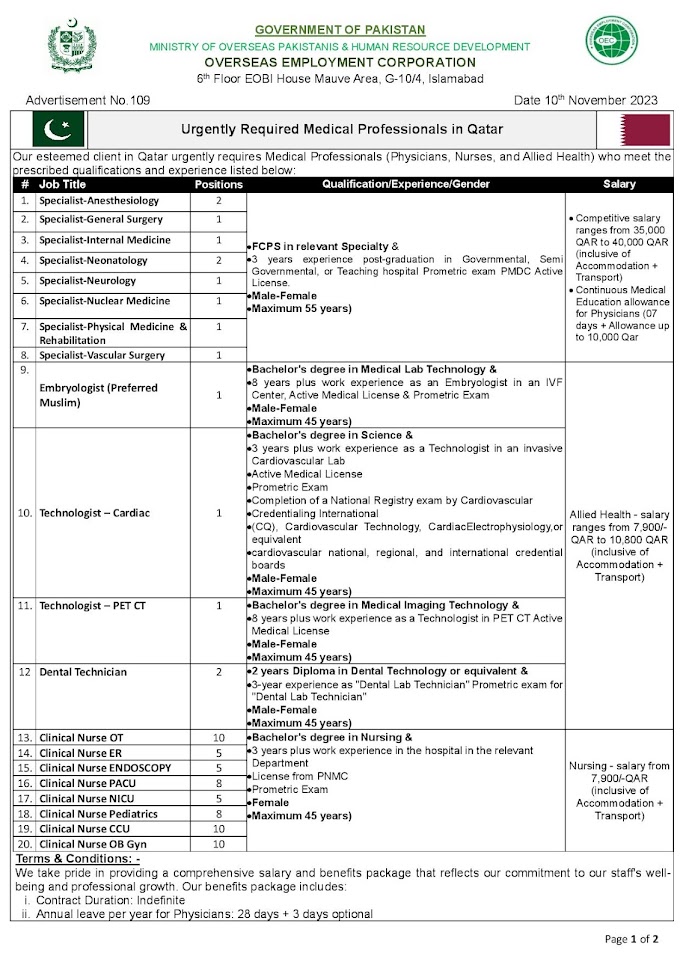The story of Afroman and the police raid is a cautionary tale of how quickly a situation can escalate and spiral out of control. Afroman, a popular rapper known for his hit song "Because I Got High," was the subject of a police raid in 2015 that resulted in his arrest and a public outcry.
The incident began when Afroman was performing a concert in Biloxi, Mississippi. According to reports, he was approached by a group of fans who were acting rowdy and disruptive. Afroman, feeling threatened, reportedly asked the fans to back off. When they didn't, he allegedly punched one of them in the face.
The incident was captured on video and quickly went viral. In response, the Biloxi police department launched an investigation into the incident. They obtained a search warrant for Afroman's hotel room and proceeded to raid it, looking for evidence of drug use.
During the raid, Afroman was reportedly cooperative and compliant with the officers. However, they discovered marijuana and other drug paraphernalia in his room, leading to his arrest on drug possession charges.
The incident sparked a debate about police tactics and the use of excessive force in situations like this. Many people questioned why the police felt the need to raid Afroman's hotel room and whether their actions were justified.
Afroman himself spoke out about the incident, saying that he regretted his actions but felt that the police had overreacted. He also criticized the media for sensationalizing the incident and using it to portray him in a negative light.
In the end, Afroman was convicted of simple assault and drug possession charges and was sentenced to probation and community service. He also issued a public apology for his actions and expressed remorse for what happened.
The incident serves as a reminder of the power of social media and the importance of thinking before acting. It also highlights the need for police officers to use discretion and to be mindful of their actions in situations like this.
Following the incident, Afroman's career suffered a significant setback. He was dropped from his record label, and many of his scheduled concerts were canceled. He also faced backlash from his fans, who were disappointed by his behavior and the negative attention he had brought to the hip-hop community.
However, in the years since the incident, Afroman has worked to rebuild his career and his reputation. He has released new music and has continued to perform live, although on a smaller scale than before.
The incident also led to a broader conversation about police tactics and the use of force in situations involving nonviolent offenses. Many people argued that the police raid was excessive and that it represented a broader trend of police overreach and abuse of power.
In response to these concerns, many police departments have implemented new policies aimed at reducing the use of force in nonviolent situations. Some have also launched training programs to help officers better understand how to deescalate tense situations and avoid unnecessary violence.
Overall, the Afroman police raid incident serves as a reminder of the complex and often fraught relationship between law enforcement and the communities they serve. It underscores the importance of transparency, accountability, and responsible policing practices in maintaining trust and confidence in law enforcement institutions.
The incident also led to discussions about drug policy and the ongoing debate over the legalization of marijuana. Afroman himself had been a vocal advocate for the decriminalization of marijuana prior to the incident, and his arrest brought renewed attention to the issue.
Some argued that the police raid was a waste of resources and that drug possession should be treated as a public health issue rather than a criminal one. Others, however, maintained that drug use is a serious problem that requires law enforcement intervention.
In the years since the incident, several states have legalized marijuana for both medical and recreational use, and public opinion on the issue has shifted significantly. Many now view the criminalization of drug use as a failed policy that has done more harm than good.
The Afroman police raid incident also highlighted the role of social media in shaping public opinion and driving the news cycle. The video of the incident quickly went viral and was shared widely on social media platforms like Twitter and Facebook, drawing attention to the incident and sparking a broader conversation about police tactics and the criminal justice system.
Overall, the Afroman police raid incident remains a controversial and complex event that has had far-reaching implications for law enforcement, drug policy, and social media. While Afroman himself has moved on from the incident and is continuing to pursue his career as a musician, the incident itself will likely continue to be debated and analyzed for years to come.











